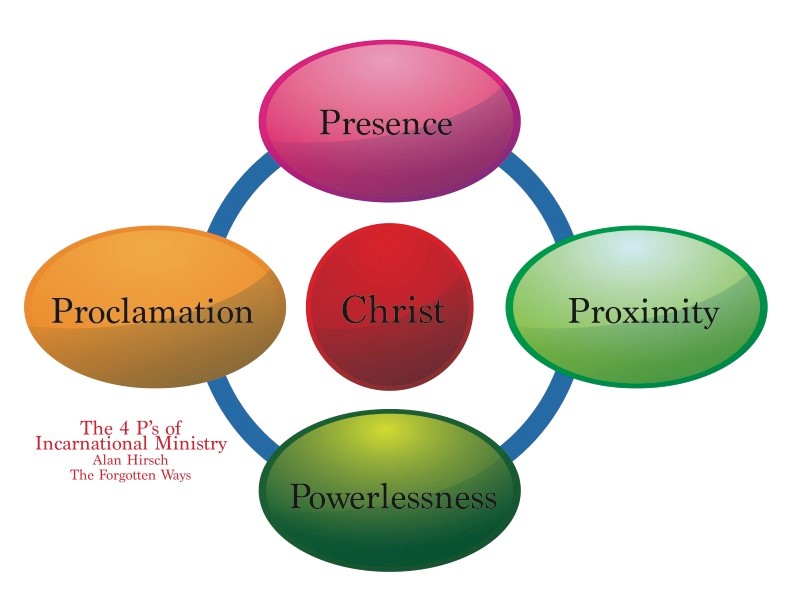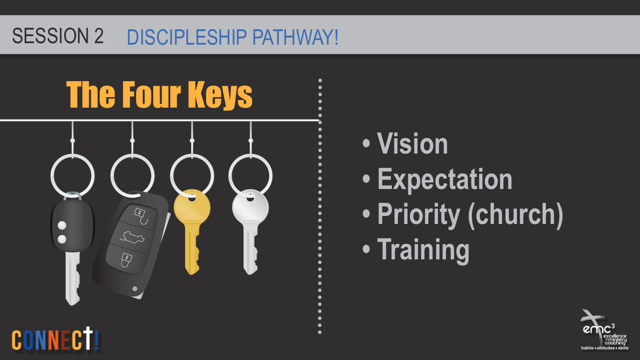By Eddie Pipkin
December 21, 2015
Much has been written about the younger generation’s disaffection for the church. They report being disconnected from a tired message, stale programs, and language that isn’t relative to their daily experience. They are unengaged and unenthusiastic, bored with the way we do worship. They can’t relate, and they are uninspired by the story we are telling (or at least the way we are telling it).
We tend to frame this discussion—and this discussion is happening a lot in meetings across the spectrum of mainline protestant denominations—in terms of what exactly is wrong with the younger generation: why are they so shallow, so dispassionate, and so undisciplined? But maybe it is we who, in our blinders of ‘how we’ve always done it’ and our own biases for the kinds of worship with which we connect, are missing a chance to motivate a new generation of disciples.
This blog is not another post about how we need to get hip and creative and relevant in the sense of throwing out all tradition in favor of jeans, personal stories, cool videos, and coffee bars (not that there’s anything wrong with any of those either), but it’s about the real evidence offered by pop culture that, for those of us who are worship nerds, at the end of the day we share a surprising amount of familiar territory with the popular geek culture which is being celebrated in film, television, literature, on-line, and in massively attended fan conventions.
Exhibit 1: Star Wars.
With the opening of Star Wars: The Force Awakens last weekend, box office records were shattered. This was the culmination of months of hype leading up to the big event. The merchandise is ubiquitous. Grown men and women have been dressing up as Jedi and Wookiees. They’ve been attending themed weddings. They immerse themselves in video games and discussion groups pitting the light side against the dark side, and they build complex web databases that explore every corner of the Star Wars mythology.
They are not dispassionate people. Anything but.
And here’s the interesting thing. We spend a lot of time talking about how people are not engaged by our liturgy, our ceremony, our hymns, our symbols and accoutrements. But the news this past week has been filled with account after account of young people (and lots of not-so-young people who came of age with the original trilogy) who are engaged in behavior that is downright liturgical in nature. They have their own highly developed visual symbology, their own intimately familiar narratives, and their own spoken rituals. In fact, in the area of quotable dialogue, it is interesting how many people who have never even seen the movie can riff on memorable lines.
“Use the force.”
“Luke, I am your father.” (One of the most famous misquotes of all time.)
“Judge me by my size, do you?”
“I have a bad feeling about this.”
Fans care very, very deeply about this universe. How can we connect some of that passion to a reinvigorated engagement with the narrative of the Gospel? Here’s an interesting article about a church in Germany which took a very direct approach, hosting a Star Wars based worship service (not worship of Star Wars, of course, but a celebration of all things Star Wars that discussed the theological themes that are easily identifiable in the movies).
Hosting such a service is obviously not going to be every church’s cup of tea, nor is it probably going to amount to much more than a stunt that at best serves to communicate an earnest desire to be culturally relevant to the community. But there are certainly ways we can think about our own worship and ministry design and how it can reflect the best parts of the celebratory cultural events that are a familiar part of modern life.
- Do we tell our story (Christ’s story) in a compelling way? Do we allow people who attend our worship a dynamic way to be participants in that story?
- Do the words that we share in worship—the liturgy—connect with people in the sense of accessible language? Do we use “churchy” terms, or do we use language that feels familiar and understandable? Do we connect with people emotionally through phrases that capture the texture of their daily struggles and triumphs?
- When we use important theological terms—see the reference to “churchy” terms above, but with the acknowledgement that theological enlightenment is an important role for worship leaders—do we explain why those terms are important, what they mean, and what their backstory is? We can share these fascinating insights, or we can just plow ahead assuming that everyone knows what we mean, leaving them confused and left out of the conversation.
- Are we having fun? Following Christ is a grand adventure, filled with joy. Have we treated it as a somber, joyless undertaking, full of duty and discipline, while leaving out the sheer wonder, surprise, and excitement of a life which boldly follows Christ?
We learn much when we are observant of the culture around us. For instance, even fandom has its schisms (get a Star Trek ultra-fan and a Star Wars ultra-fan in the room and let the fireworks begin). This is just more evidence of the clear desire playing out through popular entertainment to connect to a greater community. We offer a community that is much richer, deeper, and more vital and essential than anything a screen has to offer. Let us be compelling in our enthusiasm of connecting people to the greatest narrative (non-fiction division) ever shared. And let us be faithful to The Author of that narrative by empowering ever-evolving, creative ways of sharing it. That’s how we can continue to be a force for good (pun totally intended).
What have your experiences been with integrating pop culture with theological themes? What frustrates you about this premise? Get your worship nerd on in the comments section.



Leave A Comment